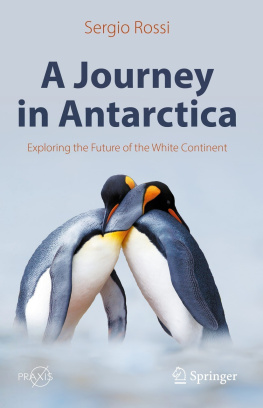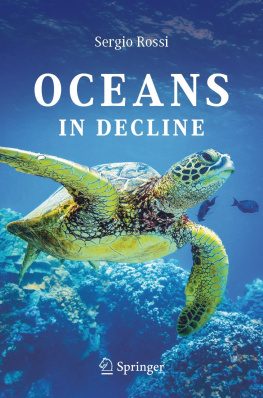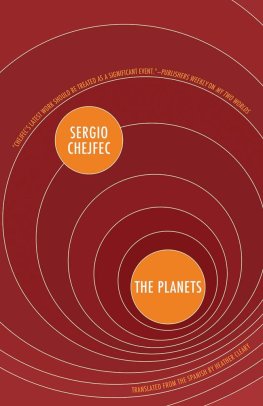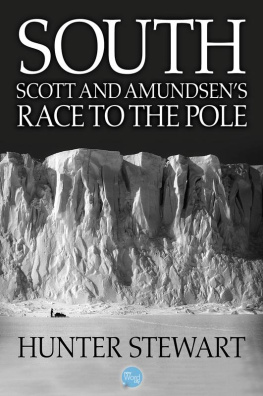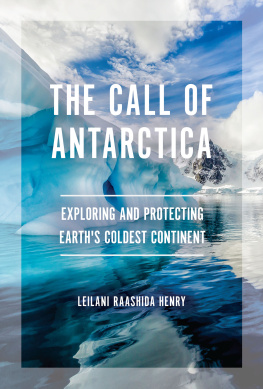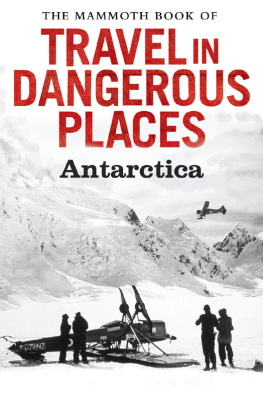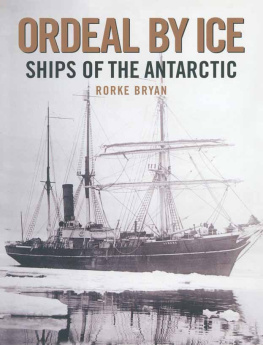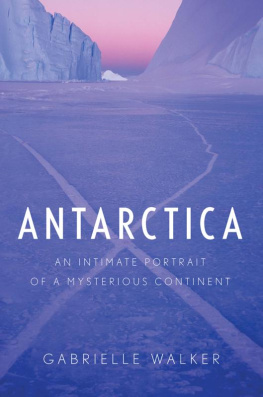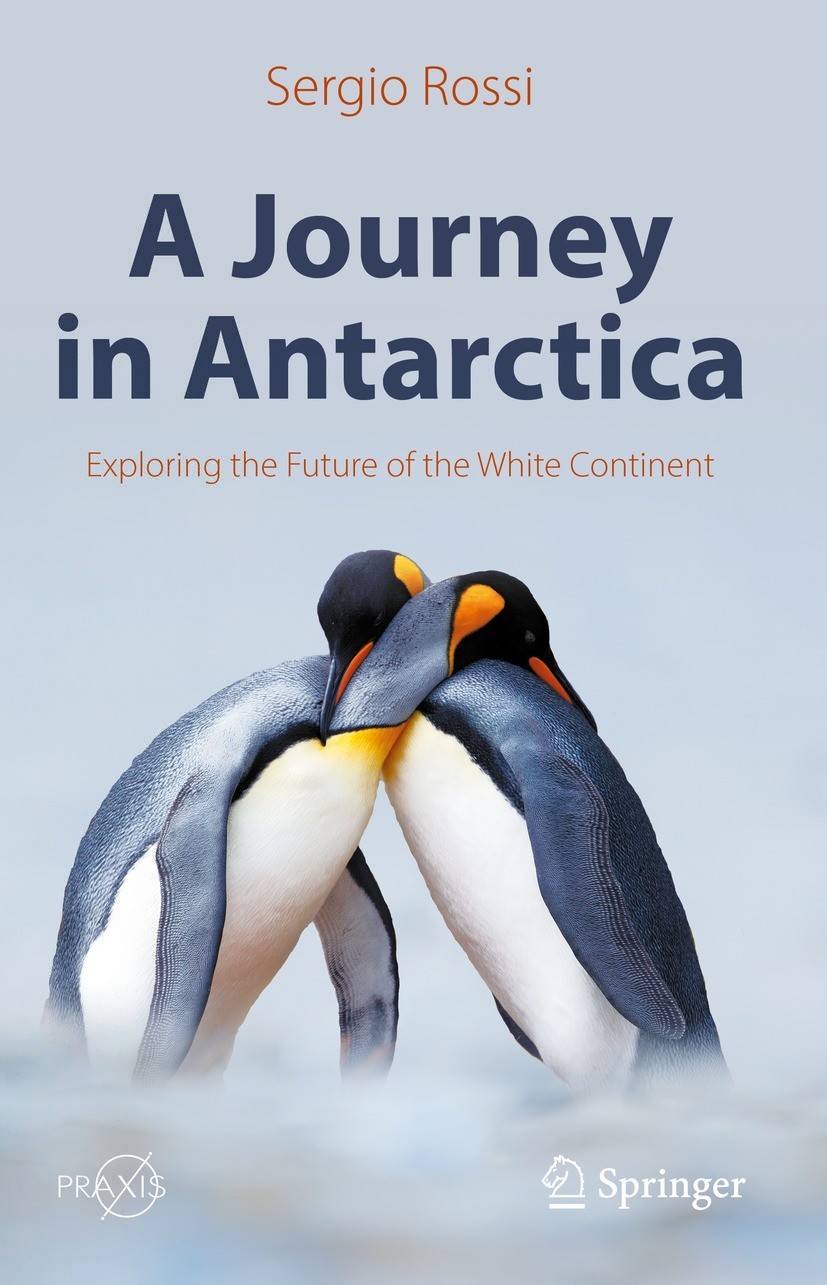Springer Praxis Books Popular Science
This book series presents the whole spectrum of Earth Sciences, Astronautics and Space Exploration. Practitioners will find exact science and complex engineering solutions explained scientifically correct but easy to understand.Various subseries help to differentiate between the scientific areas of Springer Praxis books and to make selected professional information accessible for you.
The Springer Praxis Popular Science series contains fascinating stories from around the world and across many different disciplines. The titles in this series are written with the educated lay reader in mind, approaching nitty-gritty science in an engaging, yet digestible way. Authored by active scholars, researchers, and industry professionals, the books herein offer far-ranging and unique perspectives, exploring realms as distant as Antarctica or as abstract as consciousness itself, as modern as the Information Age or as old our planet Earth. The books are illustrative in their approach and feature essential mathematics only where necessary. They are a perfect read for those with a curious mind who wish to expand their understanding of the vast world of science.
More information about this series at http://www.springer.com/series/4097
Sergio Rossi
A Journey in Antarctica
Exploring the Future of the White Continent

Logo of the publisher

Logo of the publisher
Sergio Rossi
University of Salento, Lecce, Italy
Universidade Federal do Cear, Fortaleza, Brazil
Springer Praxis Books
ISSN 2626-6113 e-ISSN 2626-6121
Popular Science
ISBN 978-3-030-89491-7 e-ISBN 978-3-030-89492-4
https://doi.org/10.1007/978-3-030-89492-4
The Editor(s) (if applicable) and The Author(s), under exclusive license to Springer Nature Switzerland AG 2022
This work is subject to copyright. All rights are solely and exclusively licensed by the Publisher, whether the whole or part of the material is concerned, specifically the rights of reprinting, reuse of illustrations, recitation, broadcasting, reproduction on microfilms or in any other physical way, and transmission or information storage and retrieval, electronic adaptation, computer software, or by similar or dissimilar methodology now known or hereafter developed.
The use of general descriptive names, registered names, trademarks, service marks, etc. in this publication does not imply, even in the absence of a specific statement, that such names are exempt from the relevant protective laws and regulations and therefore free for general use.
The publisher, the authors and the editors are safe to assume that the advice and information in this book are believed to be true and accurate at the date of publication. Neither the publisher nor the authors or the editors give a warranty, expressed or implied, with respect to the material contained herein or for any errors or omissions that may have been made. The publisher remains neutral with regard to jurisdictional claims in published maps and institutional affiliations.
This Springer imprint is published by the registered company Springer Nature Switzerland AG
The registered company address is: Gewerbestrasse 11, 6330 Cham, Switzerland
To Lidriana, the architect of a renaissance
Foreword
Why are we going to Antarctica? That was the topic of conversation in the cabin of Wolf Arntz, expedition manager of the Polarstern on its 2000 cruise. There were about ten of us gathered on the best scientific icebreaker on the planet, and after an intense day, we had come to that topic because this monster can burn 1,400,000 in diesel during the two-month voyage beyond where anyone goes: the remote confines of Atka Bay, the Larsen area, or Austasen, the icebergs resting place. At the beginning the campaigns were designed to make a rigorous study of the natural resources (fishing, mining, etc.) offered by the white continent, said Arntz, but soon the scientists realized that there was something else there, the opportunity to study a pristine place undisturbed by the hand of man, and fascinating. We each reflected on this point while sipping our Rioja or Priorat.
There are certainly various levels of interest in coming here, said Tom Brey, Arntzs then right-hand man and second-in-command for science. Both men worked at Alfred Wegener Institute, Germanys polar research center, generously endowed with monetary and human capital for polar research. The first level is political, Brey continued. Its important to be here; thats why Germany (which has not openly declared territorial interests like Britain or Argentina) has a research institute, an unrivalled icebreaker ship and a base like Neumayer, an engineering prodigy. But then there started to be other levels of interest, like the fact that this is a unique place where you can study the evolution of species, oceanatmosphere interaction, climate change or the atmospheric chemistry of ozone like nowhere else.
The conversation became lively, and I was aware that the aim far exceeded a whim among scientists to travel to the Antipodes and spend a few days watching penguins. Antarctica is an open book that has not yet received any human impact, stressed my then boss, Josep Maria Gili from the Institute of Marine Sciences of Spains Institute of Marine Sciences (CSIC): The history of the planet is written in its waters and we have to take advantage of it.
When in my thirties I was told that I was going to voyage aboard the Polarstern, none of these ideas crossed my mind. I was simply to have an adventure on which only a few privileged people had the honor to be invited, and I was going to do so on the best polar oceanographic vessel in the world. However, after three expeditions (in 2000, in 2003/04, and in 2011), I felt the need to explain many things to those who have not been and will never go there. I am not an expert on Antarctica (going on three expeditions does not give you that honor; some have worked for more than thirty years on this subject alone), but above all I needed to reply to the skeptics who see the white continent only as a remote place to which privileged people travel to explore the remote corners of the planet.
Science is everybodys heritage, Gili once told me; you owe it to those who pay you. Not all scientists are clear on this, but I am one of those who regard the option of a scientific career as something that is offered by society and, as such, its outcomes should be integrated into it as much as possible. We are neither Dirac nor Marie Curie, and Darwins trajectory can never again be emulated because a solitary, self-absorbed, brilliant scientist isolated from society can no longer be supported. We are obliged to explain what we do, since our work is of little value if we do not transmit it, if we do not externalize it at a level of understanding appropriate to a supermarket manager, a busy cab driver, or a lawyer who is enthusiastic about nature.
There is something more. In these critical times when things are changing so fast, it is a matter of great urgency to explain concepts in a clear, concise, entertaining, and rigorous way. We need to convey to people that we are at a crossroads, also what is happening now and what will happen next. If the location is as remote as Antarctica, we have to make an even greater effort to get that message across to as many people as possible.

